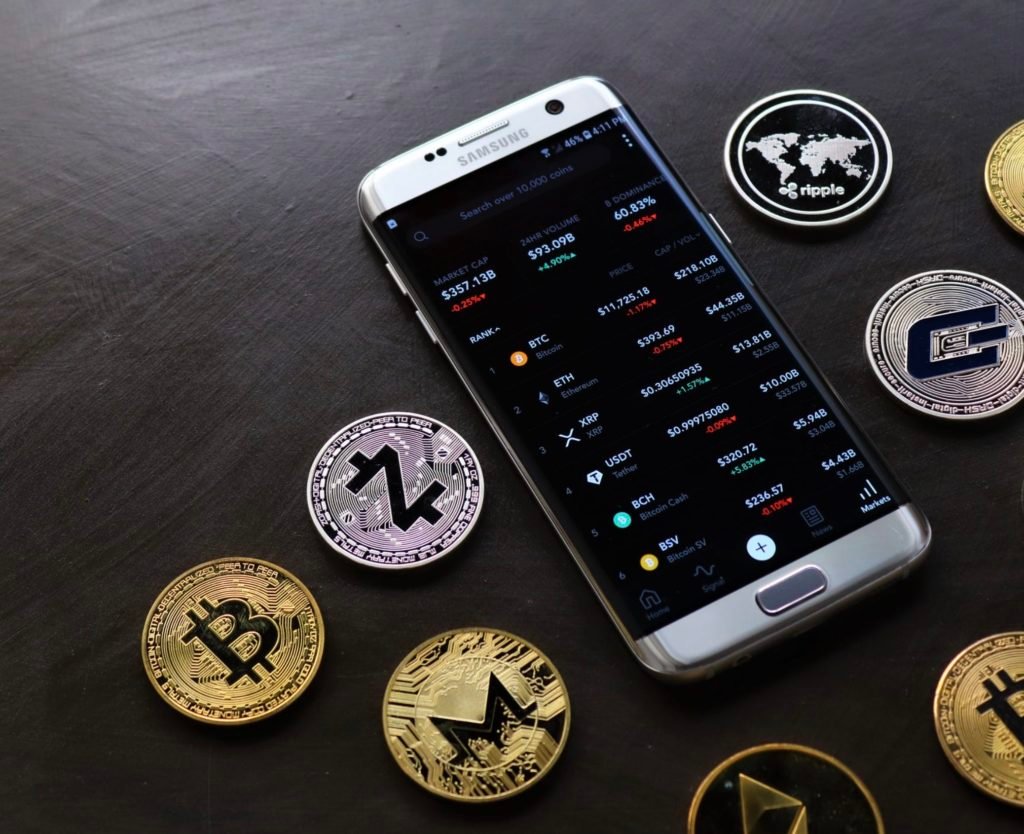Cryptocurrencies have changed the way many people spend, invest and trade. The speed and security of transactions in using these tokens and the ways one may profit from this technology have attracted technocrats, businessmen and celebrities to the digital market.
In spite of the initial hesitance when digital currency was first introduced, people all over the world have been quick to acquire these digitals assets. Bitcoin, Ethereum and Solana are just some of the globally recognized examples of cryptocurrencies, which are digital assets built on blockchain technology that may be used as digital cash for financial transactions, trade and purchases.
These coins may have a different value compared to traditional or physical money, and those who are interested in crypto must first learn the actual utility of a particular coin and the purpose for which it is created.

A few of the advantages in using these tokens is that crypto transactions cost very little compared to the fees required by traditional banks, and there is less limit in using one’s coins. For instance, banks only operate at a certain time, and one is not allowed to withdraw big amounts even via the ATM.
When buying cryptocurrency, one must first open an account on an exchange platform where one’s identity as a customer will be checked. This process is mandatory for financial institutions, and part of anti-money laundering enforcement.
It is also required that the buyer or trader must have a crypto wallet or a digital wallet where one may store these assets. A mnemonic keyphrase will be required, like a password, to open it and keep it secure.
Where and how an asset is saved is highly important. Cryptocurrencies may be stored on a mobile, desktop, web or hardware wallet. It is necessary to go online to transfer funds and trade, as cryptocurrencies are largely Internet-based.
There are two types of crypto wallet, what is considered as hot or cold wallet. A hot wallet means it is connected to the net. But there is certainly a risk involved in keeping one’s coins in a hot crypto wallet, for there is the possibility that hackers may just steal them online.
There is no way one can recover lost or stolen assets, and this is the reason experts advise that cryptocurrency owners store their assets and passphrase away from the cloud or offline—in a cold wallet, which may come in the form of a flash drive or a hardware wallet.
It would be a great idea to keep the passphrase and hardware wallet in different repositories. To avoid forgetting it, passkeys may also be written on paper and kept where no one but the owner can easily find it. The crypto wallet may be stored in a flash drive, which may then be deposited in a bank safe, for double protection. Of course, some owners may choose to have a back-up drive that are easier to access, like a safe within their house.
It definitely does not pay to be complacent about the way property is secured, whether these are physical or digital assets; and these must be kept out of reach of those who have no right to it. The world is finding greater uses for blockchain and digital currencies, and those who invest in crypto can look forward to a lot of growth in their portfolios in the future.




































